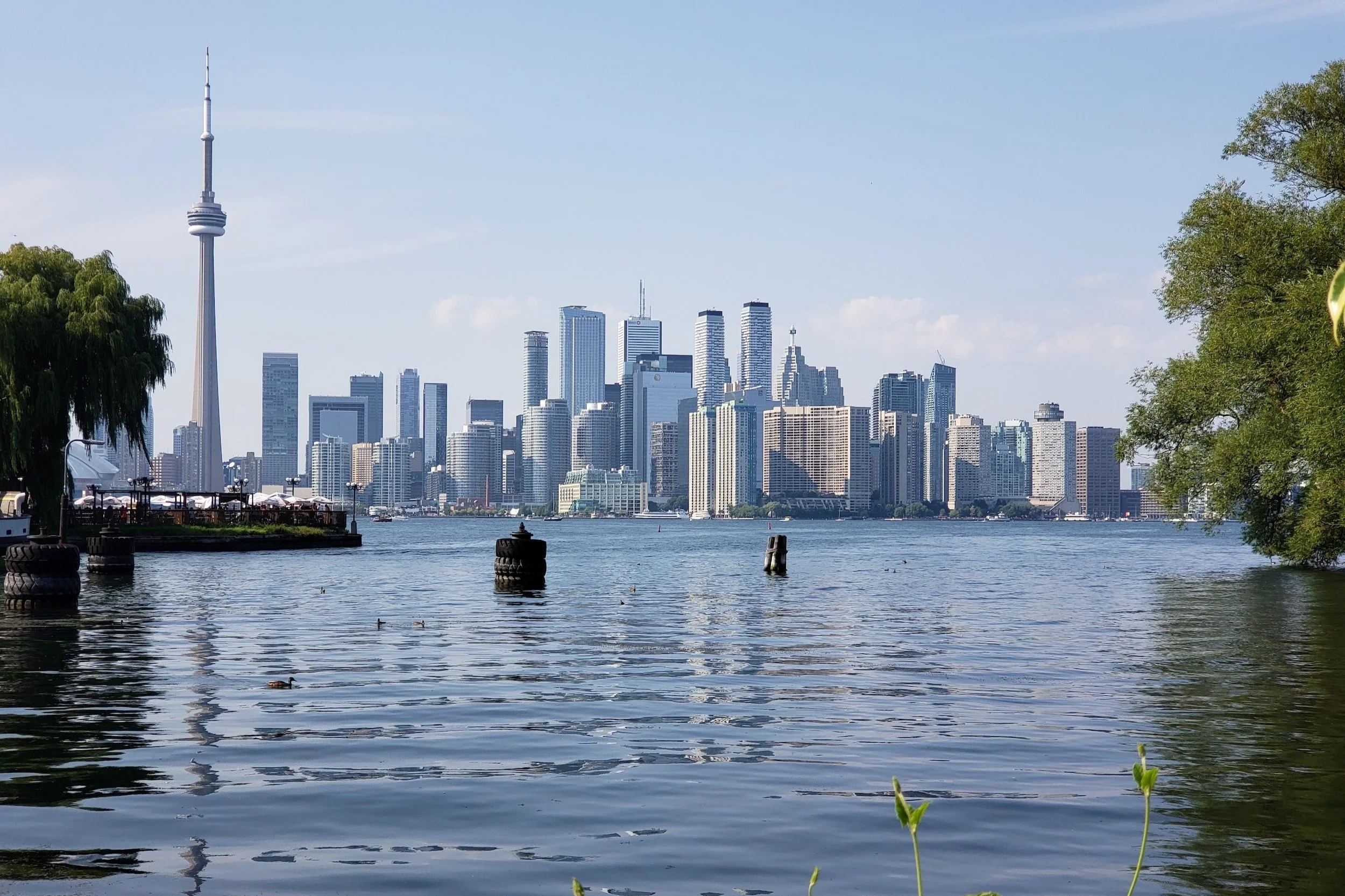With more women delaying motherhood for various reasons, egg freezing in Australia has been a popular option for many years and continues to be so with some support from the government. Reports from 2023 show that the median age of marriage is 29.4 years, increased from the mid-20s several years prior, and that 62% of first time mothers are above the age of 30 years old. Australia also has had a declining birth rate, remaining below replacement, since 1975. The average age of women undergoing egg freezing is 35 years, with 1 in 4 women undergoing the procedure being aged 40 or older. According to the Australian Institute of Health and Welfare and the Australia & New Zealand Assisted Reproduction Database, 1,369 women froze their eggs for non-medical reasons in 2020, and this has increased by 56% between 2020 and 2021. Some clinics are seeing up to a 26.4% increase in egg freezing since 2021.
Total Cost: $2,500 - $9,000 USD
Single Cycle: $1,100 - $7,000 USD
Medications: $1,000 - $4,000 USD
Annual Storage: $200 - $450 USD
Prevalence of Egg Freezing in Australia:
According to the Assisted Reproductive Technology Report in Australia and NZ 2020 published by UNSW, there were 3,642 egg freezing cycles performed in 2020. 37.6% of these were for nonmedical reasons.
From 2010 - 2020 the number of women undergoing fertility treatment increased tenfold.
One in 18 newborns in Australia was born through egg freezing and IVF.
Popular Egg Freezing Clinics in Australia:
Adora Fertility - New South Wales, Victoria, Queensland and Western Australia
Monash IVF - Victoria, New South Wales, and Queensland
IVF Australia - Alexandria, Greenwich, Sydney, and other locations
Queensland Fertility Group - Brisbane, Gold Coast, Cairns, and other locations
Rainbow Fertility - Brisbane City, Gold Coast, Melbourne City, Sydney, and other locations
For Citizens:
Assisted reproduction laws are state by state and not nationwide.
Egg freezing isn't covered by Medicare unless it's medically necessary.
Women who undergo egg freezing and hold a Medicare card will be able to claim a $2,000 rebate in an Australian first, thanks to $4 million expansion of the NSW Government Affordable IVF initiative. Eligibility criteria includes being a resident of NSW and having incurred an out-of-pocket cost from a registered Assisted Reproductive Treatment provider. As of February 19, 2025, the government has applied a means test to the rebate so only those on family tax benefits, health card holders and or those with a combined household income of $116,000 or less will be eligible to apply.
NSW Affordable IVF initiative includes boosting fertility preservation services for patients with cancer and other medical needs, providing up to 5 days paid fertility treatment leave for teachers, nurses, and other public servants in NSW.
Guidelines:
Guidelines by the National Health and Medical Research Council 2017 recommend an oocyte storage limit of 10 years. Women can consent to extend their storage period beyond 10 years if they choose and apply for an extension.
For Non-Citizens:
International patients visiting Australia for medical treatment are not eligible for Medicare benefits and as such do not need a doctor’s referral to access treatment.
Resources for Egg Freezing in Australia:
The NSW Fertility IVF Initiative explains what the Fertility Treatment Rebate is, answers commonly asked questions, and provides links to additional resources.
The Fertility Treatment Rebate Checklist lists the steps to apply for the rebate and confirms eligibility.
The Assisted Reproductive Technology Report for Australia and NZ in 2020 provides an overview for Assisted Reproductive Treatments with statistics and national data.











